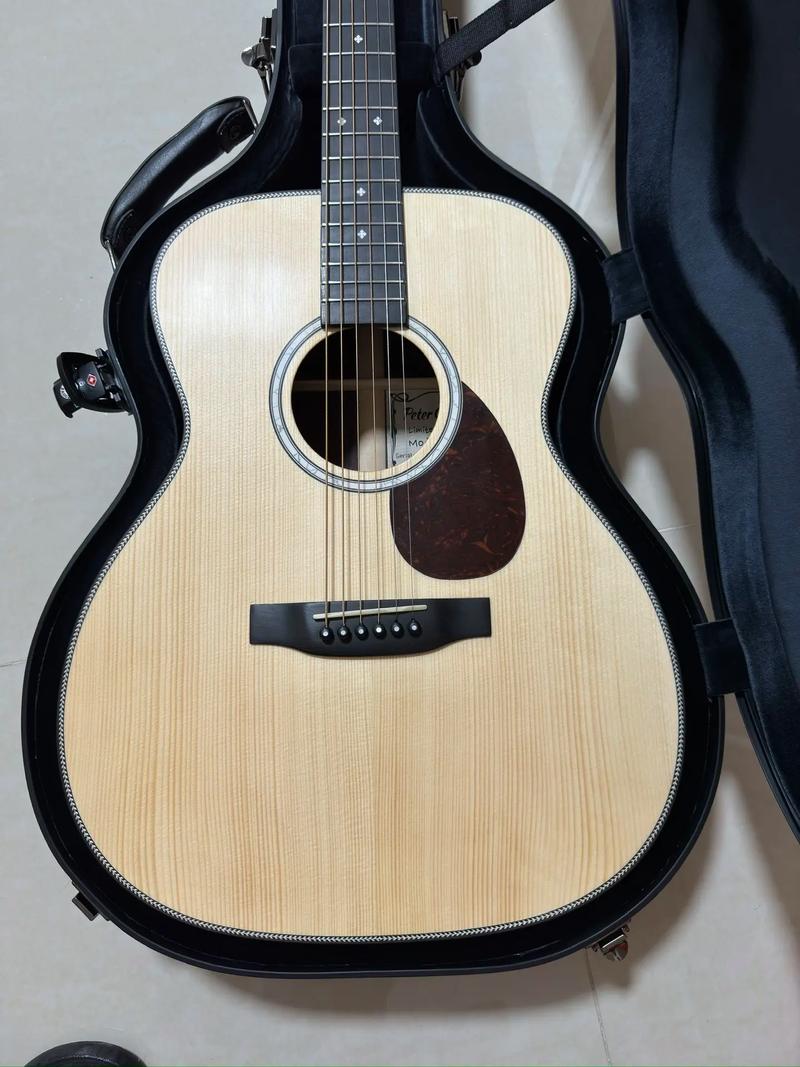Geographical Overview
Om Brasil, a land of vibrant cultures and breathtaking landscapes, is the largest country in South America and the fifth largest in the world by land area. Spanning over 8.5 million square kilometers, Brazil is a melting pot of diverse ethnicities and traditions. Its borders are defined by the Atlantic Ocean to the east, and by countries such as Uruguay, Argentina, Bolivia, Peru, Colombia, Venezuela, Guyana, Suriname, French Guiana, and the South Atlantic to the west and south.
Rich Cultural Heritage
With a population exceeding 212 million, Brazil is a mosaic of cultures, languages, and religions. The country’s cultural heritage is a blend of indigenous, African, and European influences, particularly from Portugal, its former colonial ruler. This rich tapestry is evident in Brazil’s music, dance, literature, and cuisine.
Notable Cities and Landmarks
Brazil’s urban landscape is dotted with iconic landmarks. The vibrant city of S茫o Paulo is the largest in Brazil and a global financial hub. Rio de Janeiro, known for its stunning beaches and the iconic Christ the Redeemer statue, is another must-visit destination. Salvador, the capital of the state of Bahia, is famous for its African heritage and vibrant Carnival celebrations.
Economic Powerhouse
Brazil is an economic powerhouse, ranking as the seventh-largest economy in the world. The country is a major exporter of agricultural products, such as coffee, sugar, soybeans, meat, and cotton. Brazil also boasts vast mineral resources, including iron, aluminum, manganese, zinc, and titanium.
Environmental Marvels
Om Brasil is home to some of the most stunning natural wonders on Earth. The Amazon Rainforest, the world’s largest tropical rainforest, covers approximately one-third of the country. The Iguazu Falls, located on the border with Argentina, are one of the most spectacular waterfalls in the world. Brazil’s diverse ecosystems are home to a vast array of plant and animal species, many of which are found nowhere else on the planet.
Political Structure
Brazil is a federal republic, consisting of 26 states and one federal district. The capital city, Bras铆lia, was designed by the renowned architect Oscar Niemeyer and is a UNESCO World Heritage site. Brazil’s government is a representative democratic republic, with a president as the head of state and head of government.

Language and Education
The official language of Brazil is Portuguese, which was brought to the country by the Portuguese colonizers. Education is free and compulsory for children between the ages of 6 and 15, and Brazil has made significant strides in improving literacy rates and access to education.
Sports and Recreation
Sports are an integral part of Brazilian culture, with football being the most popular. Brazil has a rich history in football, having won the FIFA World Cup five times. Other popular sports include volleyball, basketball, and soccer.
Challenges and Opportunities
Despite its many strengths, Brazil faces several challenges, including income inequality, poverty, and environmental degradation. However, the country also presents numerous opportunities for economic growth, technological innovation, and cultural exchange.
Conclusion
Om Brasil is a country of immense beauty, diversity, and potential. Its rich cultural heritage, stunning landscapes, and dynamic economy make it a must-visit destination for travelers and investors alike. As Brazil continues to evolve and overcome its challenges, it will undoubtedly play an increasingly important role on the global stage.


